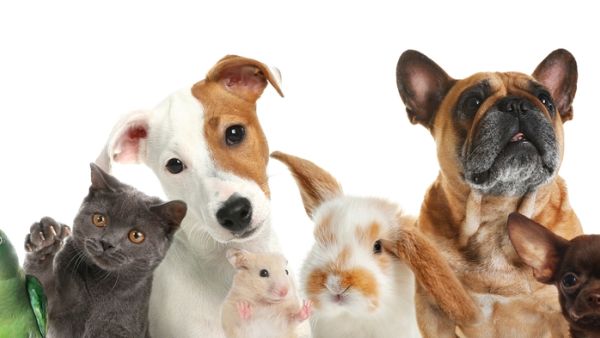ALBAWABA Feeding pets home-cooked meals is an appealing idea for many pet owners who want to provide their furry friends with high-quality, nutritious food. However, the question of whether pets can eat home-cooked food isn’t as straightforward as it seems.
While pets can eat home food, it’s essential to ensure that the meals are well-balanced, safe, and appropriate for their specific dietary needs. Here’s a guide to help you decide if home-cooked meals are right for your pet.
The Benefits of Home-Cooked Meals for Pets
- Control Over Ingredients: By preparing your pet's food at home, you have full control over the ingredients, ensuring they eat fresh, high-quality foods without additives or preservatives.
- Customization: Home-cooked meals can be tailored to meet your pet's specific dietary needs, whether they have allergies, intolerances, or require a special diet due to health conditions.
- Variety: Offering a variety of foods can keep your pet's meals interesting and may help prevent them from becoming picky eaters. You can include different proteins, vegetables, and grains to provide a well-rounded diet.
What to Consider Before Feeding Home-Cooked Meals
- Nutritional Balance: Pets require a specific balance of proteins, fats, vitamins, and minerals. It’s challenging to achieve this balance without guidance. An unbalanced diet can lead to nutritional deficiencies or excesses, which can harm your pet's health over time. Consulting a veterinarian or a pet nutritionist is crucial to ensuring the diet meets all your pet’s nutritional needs.
- Safe Ingredients: Not all human foods are safe for pets. Certain ingredients, such as chocolate, onions, garlic, grapes, raisins, and certain spices, can be toxic to dogs and cats. It’s important to be aware of what’s safe and what’s not before offering your pet home-cooked meals.
- Portion Control: Home-cooked meals can sometimes lead to overfeeding or underfeeding, depending on how they are prepared. Proper portion control is essential to avoid obesity or malnutrition.
- Time and Effort: Cooking for your pet can be time-consuming and requires careful planning to ensure each meal is balanced and healthy. It’s a commitment that not all pet owners may be ready for.
Examples of Safe Home Foods for Pets
- Cooked Lean Meats: Chicken, turkey, and beef (without seasoning) can be a great source of protein.
- Vegetables: Carrots, green beans, peas, and sweet potatoes are safe and nutritious for pets.
- Rice and Oatmeal: These grains are gentle on the stomach and can be mixed with protein and vegetables.
- Fish: Cooked fish like salmon can provide essential fatty acids, but be sure to remove all bones.
If you decide to feed your pet home-cooked meals, it’s important to introduce the food gradually. Start by mixing a small amount of home-cooked food with your pet’s regular diet and gradually increase the portion over time. Monitor your pet's health, energy levels, and digestion, and consult with your vet regularly to ensure their diet remains balanced.
Yes, pets can eat home food, but it requires careful planning and consideration. The key is to provide a balanced diet that meets their nutritional needs while avoiding ingredients that could be harmful. Always consult with a veterinarian before making significant changes to your pet's diet to ensure their health and well-being are prioritized.
Feeding home-cooked meals can be a rewarding way to care for your pet, but it’s important to do it right!








